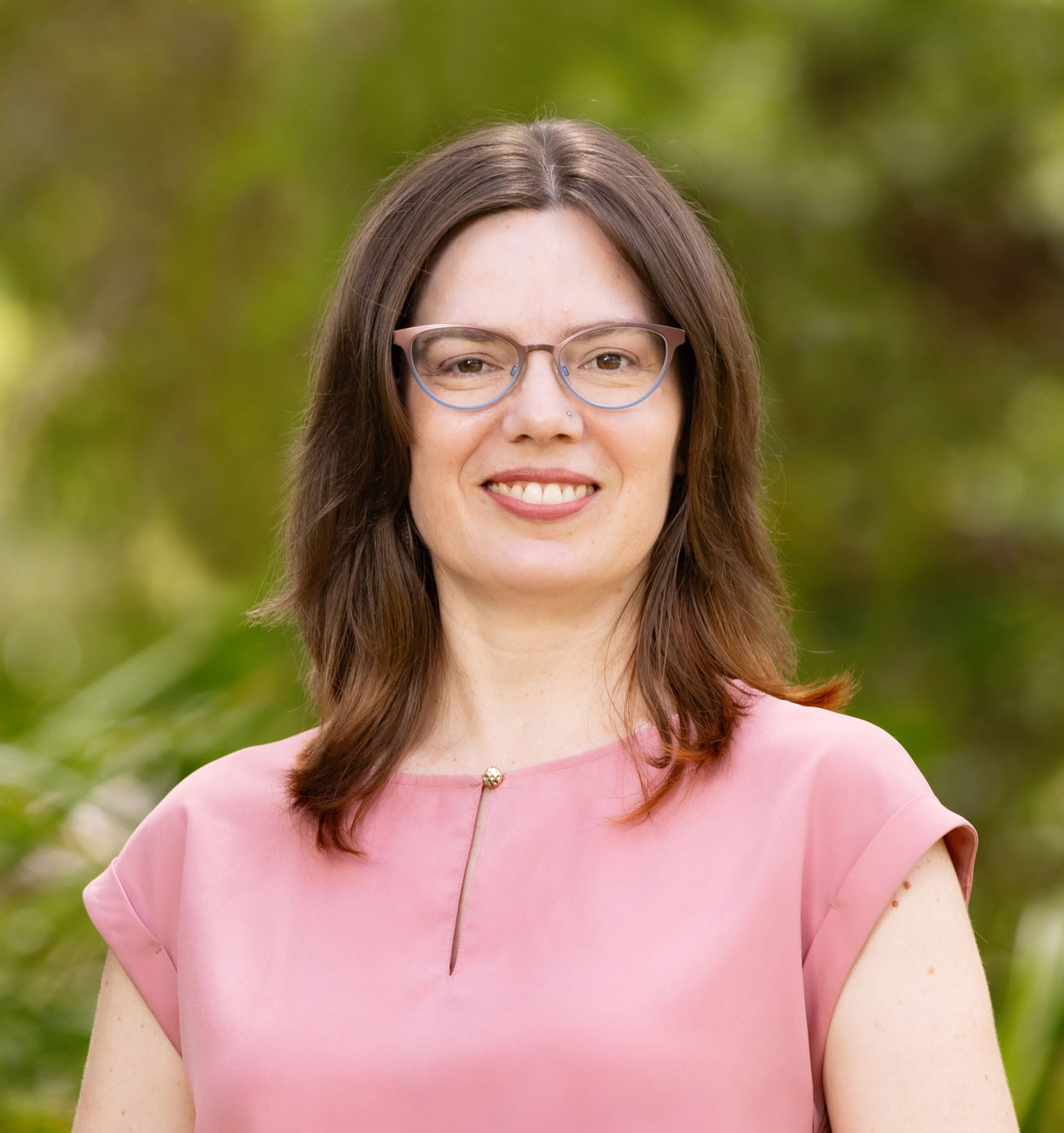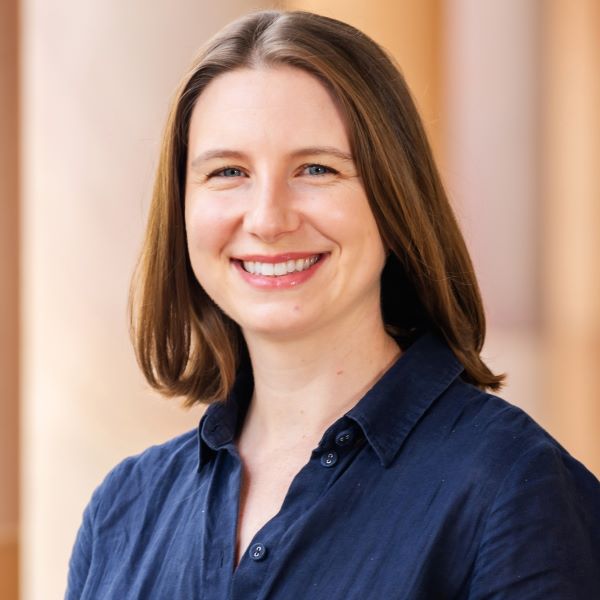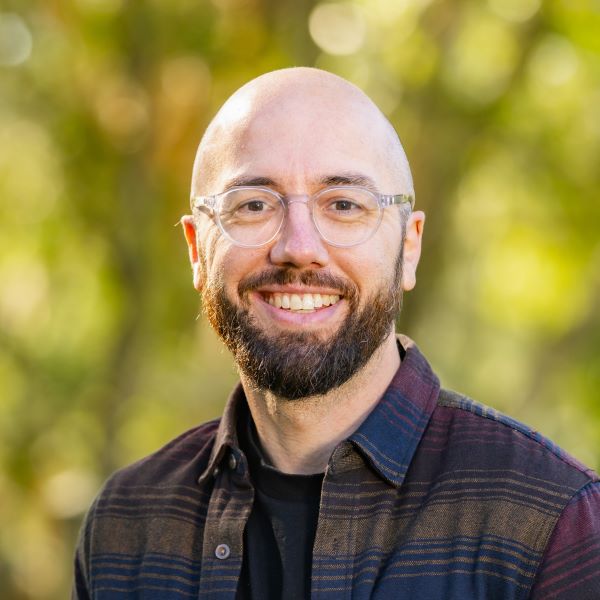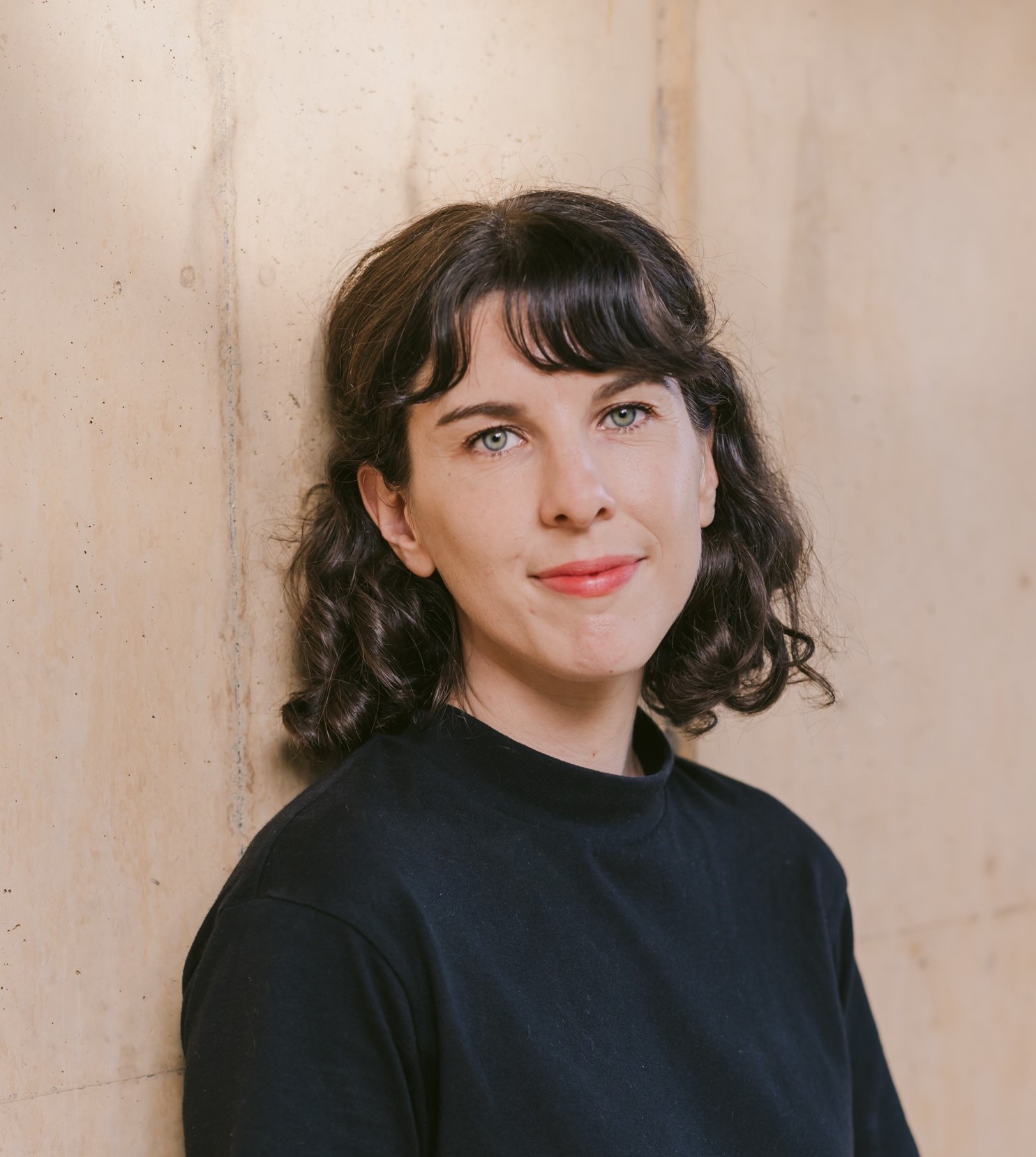Digital technologies are reshaping our social and cultural worlds – our personal and professional lives, our private and public selves.
Through transforming cultural expression and identities, politics, work, and consumption, and media industries and content, they raise a range of existential questions about the relationship between humans and machines in a new age of ‘augmented intelligence’.
The Centre for Digital Cultures & Societies address questions of power and ethics, industrial transformation, and the relationships between digital technologies and our cultural practices and expressions. Our researchers come from across the humanities, arts, and social sciences to envision digital cultures that enrich our relationships with one another, facilitate social cohesion, foster cultural understanding and belonging, and create societies that are fair and just.
We play a vital role in building capacity, programs and partnerships between researchers across and beyond the humanities, arts and social sciences. This includes providing support to organise collaborative events, helping to find research assistants for projects, promoting projects and events, running research training, and assisting researchers looking for support with digital research methods, tools and infrastructure.
Our key activities include:
- supporting researchers and research projects that build the foundation for ongoing collaboration,
- fostering research that is engaged with industry, cultural institutions, policy-makers and the public,
- funding post-doctoral and industry fellows to build digital research capacity, and
- developing cutting-edge and durable digital research infrastructure.
DCS Affiliates are researchers who have worked with us, collaborated with us, or received project funding from us. We welcome new Affiliates and encourage interested researchers to contact us.
Research Funding
The Centre for Digital Cultures & Societies is a network of projects, activities and collaborations across the HASS Faculty and University. We play a critical role in connecting researchers and enabling them to work together. This includes funding projects aligned with the Centre’s research and goals.
In 2025, DCS will run one funding opportunity for HASS Researchers:
- Project funding scheme: 2025 Guidelines and Application Form
Australian Internet Observatory
Supported by the Australian Research Data Commons (ARDC), The Australian Internet Observatory (AIO) is a major new research infrastructure collaboration between the ARC Centre of Excellence for Automated Decision-Making + Society (ADM+S), researchers and research centres (including DSC), university partners and organisations across Australia and internationally. The Australian Internet Observatory is developing the tools and capabilities required to gather and analyse online user experience data, algorithms, and interactions. It supports innovative approaches to the collection and analysis of digital social data and internet platforms and the analytical tools and governance required to support cutting-edge research on social, economic, health and environmental issues.
Australian Internet Observatory (AIO)
Digital Humanitarianism Hub
The Digital Humanitarianism Hub is a virtual network which houses and seeks to foster collaboration between UQ and UNHCR’s Global Data Service. At UQ, the Hub is integrated into the Centre for Digital Cultures and Societies. It brings together UNHCR staff/experts and academics from UQ and from across Australia. The hub is currently in development.
Automation
How can algorithmic decision-making systems be developed that are responsible, ethical and inclusive?
Automated decision-making systems transform social, economic and cultural life. They also transform how cultural archives are constructed, used and controlled. Automation raises significant questions for the organisation of industries and labour, policy approaches and regulatory frameworks, fairness and accountability. We work across disciplines and institutions to develop responsible, ethical, and inclusive approaches to automated decision-making across media, health, and social services.
Automation activities, projects and events
Computational Language and Media
Computational Language and Media explores the use of digital methods to assemble, understand, critique, and expand collections of social and cultural data. What are the functions of these methods, and what are their possible uses? How can potential biases be mitigated? In this theme, we develop digital collections of cultural data that holds national significance, making these collections available to researchers, and create novel techniques for analysing and visualising them.
Computational language and media activities, projects and events
Digital Cultures and Platforms
How do digital cultures and technologies shape our perception of the world? Digital cultures are characterised by entanglements between our lived experience, bodies, and senses with the data-processing power of computers. We increasingly make sense of ourselves and our world through information that is filtered and presented to us by algorithmic systems and through digital platforms. In this theme, we explore how digital technologies and environments affect our identities, public life, and cultural institutions. Digital platforms are rapidly transforming traditional media, reframing interpersonal mediated communication, and changing the rules of the game for everything from retail to politics, religion to regulation, and evaluation to advertising. How do digital platforms – ranging from social media platforms such as Facebook, Twitter, or TikTok to service delivery platforms such as eBay, Uber, or Netflix – revolutionise our interactions and filter our daily routines and experiences through technology? In this theme we examine how digital technologies affect our senses, aesthetics, bodies, and cultural lives.
Digital cultures and platforms activities, projects and events
Digital storytelling and storythinking
Digital storytelling techniques incorporate playfulness, exploration, perspective taking, and collaboration to communicate complex ideas in accessible digital formats. Storythinking enables researchers to translate their disciplinary expertise to new challenges. While many digital research initiatives in the humanities and social sciences focus solely on digital methods and tools, we incorporate the use of digital technologies to tell stories, and the use of stories as a method for scenario-planning digital futures in our research approaches and capacity.
We develop the capacity of HASS researchers in 2 key areas:
- Using digital technologies and media in telling stories and engaging with stakeholders about their research.
- Using story-thinking, design-thinking and scenario-based practices to explore, investigate and speculate about research problems related to digital technologies.
Digital storytelling and storythinking activities, projects and events
Digital Cultures & Societies is committed to developing and providing digital research training opportunities for staff and students.
Research training seasons
This year the DCS calendar of events will include 3 seasons of Digital Research Training. Keep an eye on our newsletter and our events page throughout the year for registration links and more information.
Past research training events:
Digital Cultures & Societies Winter School, 2023. Led by the DCS team, this three day winter school with HDR students delved into digital research, methods and storytelling.
From Dreary to Theory: A Workshop on Creative Theorizing, 2024 & 2025. A two-day workshop facilitated by Andrew Dougall and Luke Munn with HDR students from UQ and beyond on ‘how’ to theorise in humanities and social sciences research.
Interviewing, 2024 & 2025. A workshop facilitated by Nic Carah and Giselle Newton covering the what/how/why of interviewing, types of interviews and modes of interviewing, ethical considerations, and dealing with interview data.
Journal Writing, 2024 & 2025. In this two-hour workshop, Luke Munn led participants through the key ingredients that go into a great article, thinking about genre, audience, and concept. He then stepped through the process from start to finish, from writing to submission and responding to reviews.
Digital research training
The DCS Digital Research training is now online and accessible for all researchers and HDR students interested in Digital Research. This three-part training begins with the Foundation Pathway course, which introduces the study of digital cultures and societies as a field of study, methods, and considerations. The Researcher Pathway explores further approaches and tools for working with digital data. The Storyteller Pathway describes digital storytelling principles, methods, and approaches.
Access the DCS Digital Research Training
Winter Research Scholarship Program 2026
Applications open soon.
View current research scholarship projects
Project title | Advanced Textual Enrichment of Images |
Hours of engagement & delivery mode | The project duration is 6 weeks. The expected hours of engagement are 20-30 hours per week. This project can be completed in a hybrid arrangement, with specific details to be agreed upon. One position is available for this project. |
Description | Many image datasets are enriched with OCR-extracted text labels, which provide basic search and filtering (for example, keyword search over extracted text). This project investigates advanced textual enrichment, including image captioning, object detection, logo recognition, spatial relations, and attribute extraction, to produce richer, structured metadata (e.g., "person wearing a red shirt holding a smartphone", logos and object positions, counts, or full scene captions) that improves searchability and analysis across large image collections. You will tackle questions such as:
To address these questions, you will research and evaluate existing computer vision models and techniques for image understanding, then design and implement an image enrichment pipeline that processes images and extracts the selected textual metadata. |
Expected learning outcomes and deliverables | By the end of the project, you will have practical experience applying advanced computer vision techniques to large image collections, including model evaluation, pipeline design, and processing real-world data. Key Deliverables:
Report: A short report (under 2 pages) summarising model choices, evaluation results, limitations, and any recommendations for future improvements. |
Suitable for | This project is ideal for applicants with a background in Computer Science, Data Science, Digital Humanities, or related quantitative fields. A strong interest in computer vision, machine learning, and data processing is most important for this project. Solid programming experience in Python is required, particularly with data manipulation (e.g., NumPy, Pandas) and basic machine learning libraries (e.g., TensorFlow, PyTorch). Knowledge of version control systems (e.g., Git) and containerisation (e.g., Docker) is desirable, and familiarity with running pre-trained models and remote computing environments (e.g., cloud platforms, HPC clusters) would be advantageous. |
Primary Supervisor | You will be supervised and supported by Dan Tran (Software Developer) and Michael Esteban (Principal Software Developer). We are both working day to day on building the Australian Internet Observatory. |
Further info | Applicants who would like further information are encouraged to contact Dan Tran at d.k.tran@uq.edu.au and/or Michael Esteban at michael.esteban@uq.edu.au. |
The Centre for Digital Cultures & Societies (DCS) is a strategic funded HASS Faculty Research Centre. If you would like to find out how you can connect with our work contact us at digitalcultures@hass.uq.edu.au.

Nic is the Director of DCS. Nic facilitates the development of collaborative research projects, funding bids, high quality academic outputs, supporting HDR students and coordinating digital research training. He fosters partnerships and research translation with industry, government, and cultural institutions. Nic oversees the development of durable digital research infrastructure used by HASS researchers.

Jess is the DCS Centre Coordinator. Jess’ role is to work with the director to develop and implement strategic plans, and to manage the centre’s operations and engagement activities. Jess also has experience and an ongoing interest in digital storytelling for humanities research.

Aimee is an ARC Early Career Industry Fellow with DCS. Aimee is undertaking this fellowship in partnership with the Foundation for Alcohol Research and Education (FARE), where she is also the Policy and Research Manager. Her current research focus is on digital marketing by harmful industries and exploring potential avenues for regulation in this space

Michael Esteban is a senior software developer working on the Australian Research Data Commons’ Australian Internet Observatory. Michael holds degrees in Computer Science and Law and has extensive experience supporting interdisciplinary research projects. When not at work, he can often be found on a tennis court.

Lauren Hayden is a Postdoctoral Research Fellow at DCS, working on the Australian Research Data Commons’ Australian Internet Observatory. She has also contributed to work on the Australian Ad Observatory which uses novel computational methods to observe digital platform advertising. Her work considers how platform cultures are influenced by digital advertising.

Luke is a Research Fellow at DCS. His wide-ranging work investigates the sociocultural impacts of digital cultures, from data infrastructures in Asia to platform labor and far-right radicalisation. His work combines diverse digital methods with critical analysis that draws on media, race, and cultural studies.

Giselle (she/her) is an ARC Centre of Excellence for Automated Decision-Making and Society (ADM+S) Postdoctoral Research Fellow at DCS. Giselle is a social researcher of technology, health and family with a background in media studies, sociology and linguistics. Giselle's research agenda focuses on how developments in digital and bio- technologies facilitate the emergence of new identities, communities and family structures; shifts in knowledge practices and positionings; and changes in power dynamics particularly between laypeople, experts and institutions. In ADM+S Giselle works on the Australian Ad Observatory project.

Giang is working on her DECRA project with DCS and the School of Communication and Arts. In her current research, she explores the contesting temporalities, or the lived experiences of time, on the ground of digital development in Vietnam. Giang’s work also investigates the gendered dimensions of digital transactions in Vietnam, focusing on the experiences of male delivery workers and female online retailers.

Dan is a Software Developer at DCS, as well as the UQ node of the ARC Centre of Excellence for Automated Decision-Making & Society (ADM+S). Dan works on a range of projects to support different research groups within both DCS and ADM+S. His work leverages computational techniques and designs to create user-friendly web, desktop and mobile applications to support the data gathering, storage, extraction and analysis for social science research, ranging from welfare rights to alcohol advertisement on social media platforms.

Joanna is a Postdoctoral Research Fellow at DCS. She is a sociologist with interests in power, participation, and governance structures. Her current work on the project After the Future of Work: Platformised Labour in a Hotter Australia explores the intersections between digital technology, labour relations, and extreme heat.

Dr Kellie Vella
Kellie is a Postdoctoral Research Fellow at DCS working on the Australian Research Data Commons' Australian Internet Observatory. Her research centres on human-computer interactions within social and interdisciplinary contexts. She draws upon social and motivational psychology, and participatory research to better understand how to design, apply, and evaluate new technologies.
Visit our Events page to see all of our upcoming events.
Works in Progress
During these sessions, a researcher presents a piece they are currently working on, another researcher offers a response, and this is followed by an open discussion among attendees. These sessions are designed to facilitate connections within our research community and across faculties, for researchers to receive early feedback during the writing process, and/or for researchers to gain experience presenting in a supportive environment.
Contact us
Get in touch to learn more about our research, research training, and events at digitalcultures@hass.uq.edu.au.
Professor Nicholas Carah
Director of the Centre for Digital Cultures and Societies
n.carah@uq.edu.au
Jess White
Centre Coordinator
j.s.white@uq.edu.au
Communications and Events Inquiries
digitalcultures@hass.uq.edu.au
Subscribe to our newsletter
Stay connected with the Digital Cultures & Societies. Subscribe for the latest news, events, and opportuunities.
Subscribe to the Digital Cultures & Societies Newsletter
